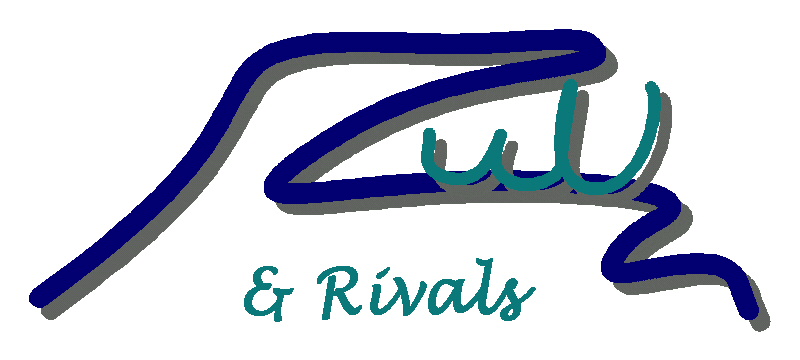
1) A new operation is added to the Center for Promoting Effective Utilization of Radio Spectrum
There is the Center for Promoting Effective
Utilization of Radio Spectrum specified in Article 102-17 in the Radio Law.
This center is entrusted to do some operations specified by the Minister of
Internal Affairs and Communications. Currently, this center is Association of Radio Industries and Businesses
(ARIB).
On December 17, 2019, FY2019 follow-up
meeting of Growth Strategy Roundtable on Effective Utilization of Radio Spectrum,
which is a study group in the Ministry of Internal Affairs and Communications (MIC),
presented additional
proposals. As one from these proposals, the FY2019 follow-up meeting has been
proposing a new operation of realizing dynamic spectrum sharing to the center,
and this revision was made based on this proposal.
2) More flexible recommendation to radio
equipment non-compliant with technical regulations of the Radio Law can be
issued
Following Article 102-11 in the Radio Law,
the Minister of Internal Affairs and Communications can issue a recommendation to
manufacturers, importers or sellers of radio equipment non-compliant with
technical regulations of the Radio Law.
As another from the additional proposals from
the FY2019 follow-up meeting, this meeting has been proposing that the Minister
can issue this recommendation more flexibly, and this revision was made based
on this proposal.
3) Economical value of spectrum for providing
mobile reception broadcasting service needs to be newly calculated
In the revision to the Radio Law, which was
made last year, economical value of spectrum for providing mobile telecommunications
service came to need to be calculated.
On January 30, 2020, Study group on utilization
measures for broadcasting spectrum presented its principles
on utilization measures for broadcasting spectrum. As one of these principles,
the study group proposes that economical value of spectrum for providing mobile
reception broadcasting service also needs to be calculated, and this revision
was made on this proposal.
4) The deadline of subsidy from the spectrum
user fee to reception equipment for satellite broadcasting service is extended
In the revision to the Radio Law, which was
made in 2017, in terms of starting 4K/8K satellite broadcasting service,
subsidy from the spectrum user fee to reception equipment for such satellite
service was introduced.
The deadline of this subsidy had been set on
March 31, 2020 in the 2017 revision, but this deadline was extended by 2 years
by this revision.
This revision is composed of several
issues, all of which are coming from the
final report of Growth Strategy Roundtable on Effective Utilization of Radio
Spectrum, which was disclosed on August 31, 2018. This roundtable is a study
group in the Ministry of Internal Affairs and Communications (MIC). Many
agendas of this roundtable are based on the
2nd recommendation about regulatory reform promotion by the
Regulatory Reform Promotion Conference, which was disclosed on November 20,
2017.
This revision is categorized into the following topics:
1) Many issues related to the spectrum user
fee regulation
- When one is deploying radio systems in
wider areas like a mobile career, spectrum user fee is calculated based on the bandwidth
assigned. Even when it is not using some of the bandwidth assigned, calculation
became based on all the assigned bandwidth.
- A new usage of spectrum user fee was
added: administration, technology study, research and development of observing
radio propagation and sending warning information of forecast and anomaly.
- Unit spectrum user fee applied to some
categories of radio systems were revised.
- Some categories that subsidy from the
spectrum user fee is given are added.
- The frequency categories specified as
highly used in the spectrum user fee became the current two categories to the
three categories: 1) below 470 MHz, 2) 470 MHz to 3.6 GHz, and 3) 3.6 to 6 GHz.
- Currently spectrum user fee is not charged
to radio stations established by organizations in the national government. When
not utilizing radio spectrum efficiently, spectrum user fee becomes charged on such
radio stations.
2) Economical value of spectrum for
providing mobile telecommunications service needs to be newly calculated
When applying to win newly available spectrum,
mobile careers need to provide a plan of how to deploy their services with the spectrum.
In this plan, they need to describe the economical value of spectrum and the
winner actually needs to pay this value to the MIC. The amount paid for this
process must be used for promoting deployment of advanced information
communications network using radio.
3) Non-certified radio equipment can be
more flexibly operated experimentally
When one wants to establish an experimental
radio station by using radio equipment not certified as compliant with the
technical regulations in the Radio Law, if such radio equipment is following some
international standards, he/she can submit a notice to the MIC and operate the
experimental station for up to 180 days.
4) Miscellaneous
Code could not be used in communications by experimental
radio station. This restriction is taken out.